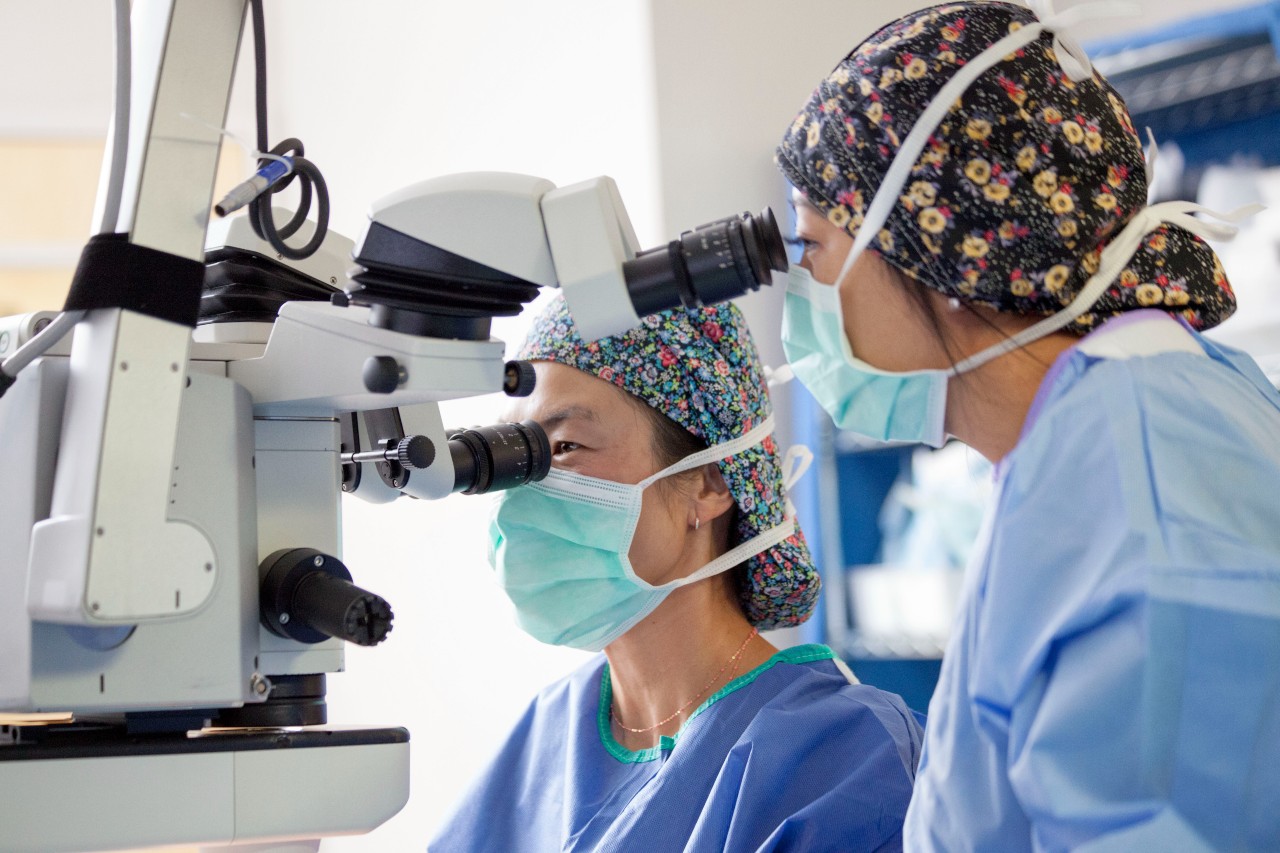Among the visually impaired, this vision-correcting surgery is quite common. As much as the LASIK surgery has proven to show considerable results in terms of improved vision, there are some factors and risks that can affect it.
In this piece, we shall be discussing some factors and risks that can negatively affect lasik eye surgery results. If you have questions about why your vision hasn’t considerably improved after this surgery, here’s your chance to know why. Like every other surgery, wholesome results aren’t promised, and there are always risks and exceptions no matter how professional the surgeons involved are.
THE SEVERITY OF YOUR EYE CONDITION BEFORE THE SURGERY
As generally known, the eyes are among the delicate organs of the body, and once it has been damaged in a specific way, it may never function the way it’s supposed to again. If you suffer from severe nearsightedness and farsightedness there’s a slimmer chance of experiencing a considerable vision improvement like those with moderate vision refractive problems.
Of course, there’ll be improvement, but it won’t be up to what you may have expected. However, for those with mild vision problems that have been using glasses and contacts, there’s a high tendency they won’t need it anymore.
Those with severe eye conditions may still need it after the LASIK surgery. Before the surgery, there’ll be a consultation with your eye doctor. He’ll tell you more about what you should expect after undergoing the procedure, given your current eye condition.

WHAT TECHNOLOGY WAS USED FOR THE LASIK SURGERY?
Of course, technology has tremendously revolutionized the medical world. Thus, the success of various types of surgery and other medical procedures depend on it. The tendency of having a considerable vision improvement after undergoing this vision-correcting surgery is high if it is done with the most advanced LASIK technology.
Bladeless LASIK procedures are the latest in terms of vision health technology. In the creation of a circular-like flap used during the surgery, using a laser is much better than a microkeratome blade as it ensures the risk of visual aberrations such as halos and glares are reduced to the barest minimum.
With the most advanced and latest LASIK technology, the procedure will be carried out with increased accuracy. With advanced excimer lasers and 3D computerized mapping of the eye contours, which professional surgeon won’t do a better job?
It’ll be a breeze and it will be done with little or no problems in the aftermath. Thus, ensure you do such vision-correcting surgery in a hospital with access to latest medical technology. Remember, professionalism coupled with the latest technology yield the best results.
YOUR SURGEON’S EXPERTISE
Having advanced LASIK technology is one thing, having professional and experienced hands to wield them is another. The expertise of your surgeon will also affect your results. Thus, ensure you go for a surgeon that has thousands of successfully done LASIK procedures below his belt.
This will reduce the risk of making unnecessary errors during the procedure. Your surgeon’s expertise contributes to the success of your LASIK surgery.
OVERCORRECTION AND UNDERCORRECTION
These are errors in surgery LASIK experts try as much as possible to avoid. Overcorrection occurs when there is excess removal of tissue during the procedure. This could result in a condition known as kerectasia. Though, it can be remedied with an enhancement.
This happens when the cornea thins, making it unstable. This then leads to serious vision problems.
On the other hand, undercorrection happens when the intended or desired vision change isn’t achieved after the LASIK surgery. However, if the undercorrection is slightly made, there won’t be much negative vision effect. Moreover, nearsighted patients over the age of 40 may find this preferable as this could help them read better.
If the undercorrection leads to many vision problems, you may require another LASIK procedure to remove some more tissue and remedy it.

TOTAL VISION LOSS OR CHANGES
As much as total vision loss can occur among many other surgical complications, it is a very rare occurrence. According to Consumer Reports, vision loss is an extremely rare LASIK complication, and it occurs less than 1% of the time.
So, if you are afraid of losing your sight due to this vision-correcting procedure, rest easy. With the use of modern surgical practices, technologically advanced machinery, and professional hands, the risk of losing your sight is reduced to the barest minimum.
For vision changes, that could happen as no surgery is risk-free. Some people may not be fortunate to see as clearly as they did before.
FLAP FOLDING AND REMOVAL PROBLEMS
During the surgery, the folding and removal of the flap from the front of your eyes may result in some problems or complications such as an infection, and excess tears. It may even cause the outer parts of corneal tissue layer to grow abnormally large under the flap as it heals after the procedure.
ASTIGMATISM
Of course, it can be quite frustrating when you develop another vision problem after undergoing a vision-correcting surgery. This is one of the problems in surgery LASIK experts have to deal with, especially if they removed tissue unevenly from your cornea.
This can be remedied with another corrective surgery or contact lenses or glasses.
DRY EYES
If you notice a decrease in tear production after the LASIK procedure, there’s no need to be scared or worried. Your eyes may feel very dry for up to six months after the surgery as they get healed. As much as this can affect your sight, it can be remedied with eye drops.
This is a common outcome in numerous types of vision-correcting surgery LASIK specialists deal with. If the dryness is severe, your eye doctor will advise you to go for another surgical procedure in which special plugs will be placed in your tear ducts.
This will prevent tears from totally draining off from your eyes’ surface.
CLOSING THOUGHTS
This vision-correcting surgery has higher chances of being successful if done with the latest technology, modern surgical practices, and professional hands. However, you should know the risks and factors that could make things go awry.
